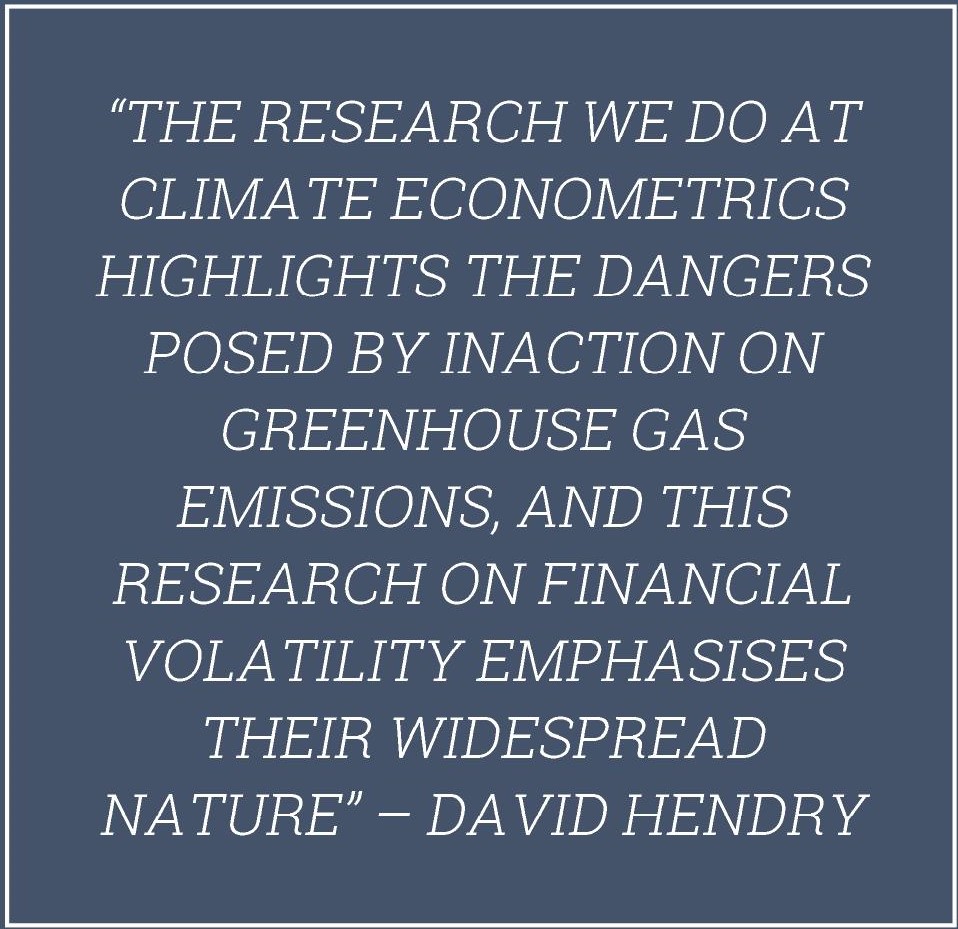
Financial supervisors and regulators have recently come to acknowledge the potentially significant role of climate change as a source of financial risk. This has encouraged the establishment of new guidelines and initiatives aimed at incorporating climate risk management into financial institutions’ practices.
In 2022, the European Central Bank (ECB) set a deadline for banks to address climate risks by the end of 2023, while the Federal Reserve recently initiated a pilot climate scenario analysis aimed at major banks. This marks a significant step in recognizing climate change as a material risk to financial stability.
It is against this backdrop that a new study by Susana Campos-Martins and David Hendry sheds light on the impacts of the global carbon transition on financial markets and examines the relationship between climate-related news and its effects on global oil and gas (O&G) companies’ equity prices.
The study reveals several key insights. Firstly, global concern about the energy transition is increasing. This is being reflected in adverse climate-change news, and negative news is bad news for carbon-intensive investments. The asset returns for these stocks are more unpredictable and exhibit greater extremes, thus highlighting their risks.
There is also the importance of climate risk drivers. Transition risks, which arise from the shift towards a low-carbon economy, have a direct impact on returns, whereas extreme weather events indirectly affect returns. This shows how important it is to understand the diverse pathways through which climate risks impact on financial markets.
Then there is the revelation that volatility is amplified when global oil prices move, while it is weakened by stock market shocks. Notably, the combination of negative and global news leads to financial turmoil, underlining the importance of measuring asset exposure to geo-climatic risk.
These findings have crucial implications for financial regulators and policymakers, highlighting the intricate and systemic effects climate change concerns have on financial markets. Unwillingness to act could damage returns and disrupt global markets leading to a disorderly transition.
The financial system must be stable and resilient in order to effectively manage climate-related transition risks. Campos-Martins and Hendry provide valuable insights into how measuring exposure to geo-climatic risk can help regulators design effective financial guidelines, guide capital flows towards sustainable investments and support global climate action.

Susana Martins, Postdoctoral Researcher, Climate Econometrics

David Hendry, Co-Director, Climate Econometrics

Angela Wenham, Project Manager, Climate Econometrics

